Wisdom teeth removal without anesthesia is extremely painful and not recommended for most people. You’ll feel every incision, pull, and twist during the procedure, which can lead to physical trauma and psychological stress, along with serious recovery complications.
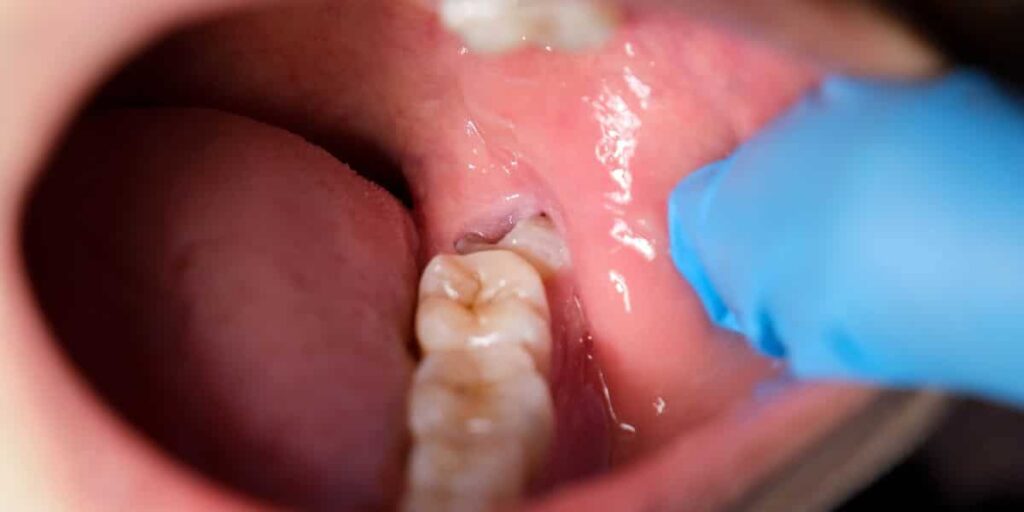
Anesthesia is commonly used during extraction to make the process tolerable. But what if you skip it entirely?
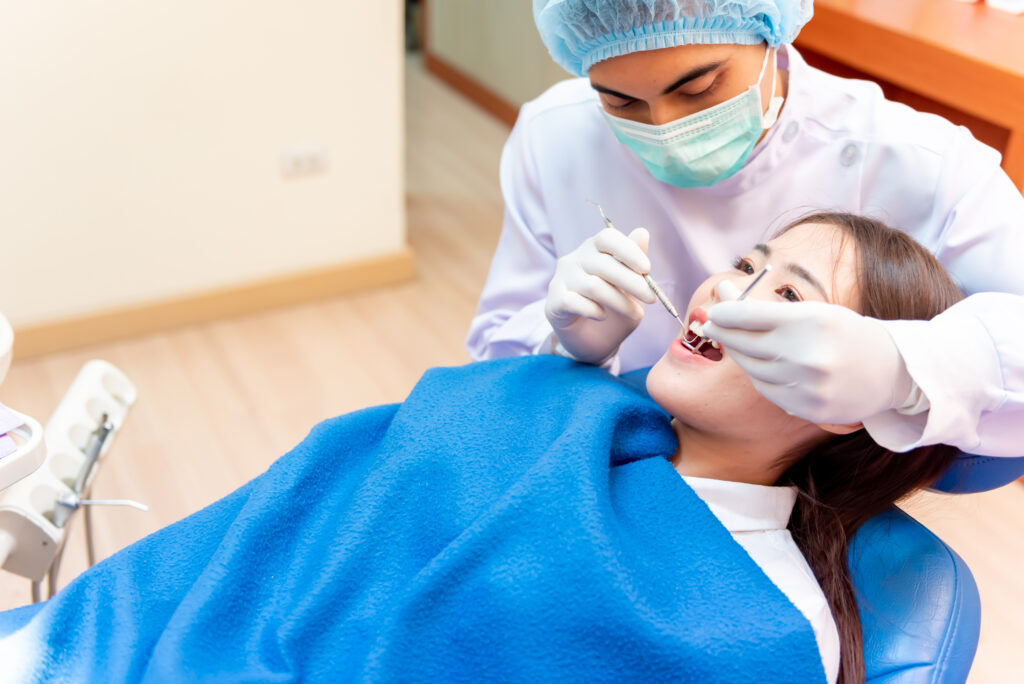
At Buford Dentist, we help patients assess which method suits them best and safely manage any concerns.
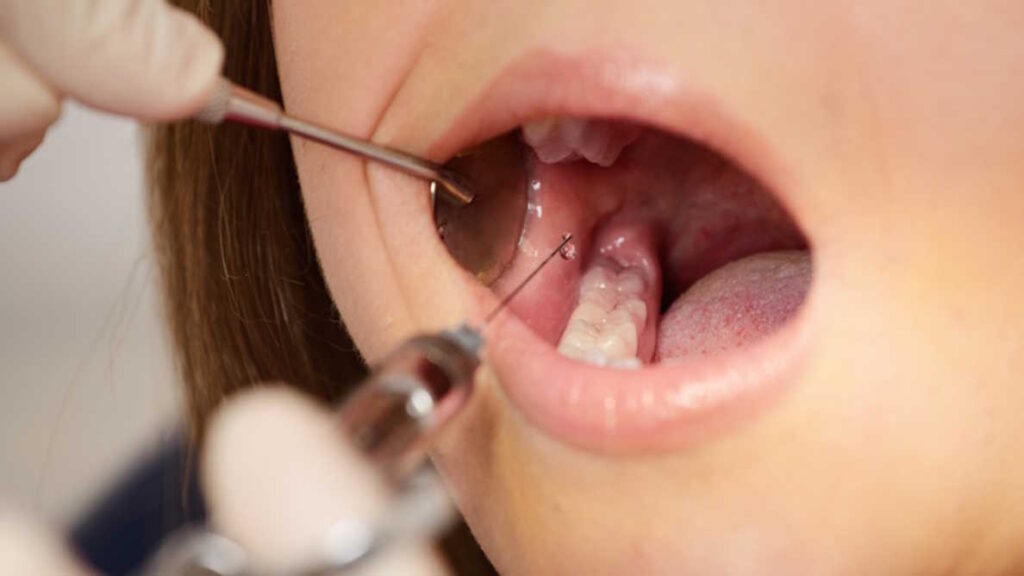
Skipping anesthesia isn’t common—but it happens. And when it does, you need to understand what you’re walking into.
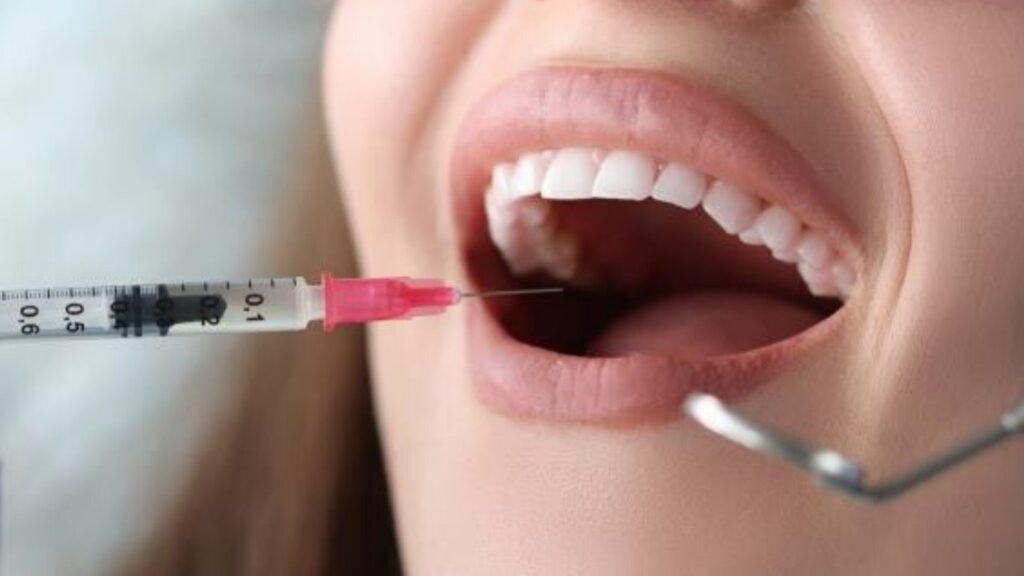
Understanding the wisdom teeth surgery time is crucial, especially if you’re considering skipping anesthesia. Here’s what the procedure typically involves:
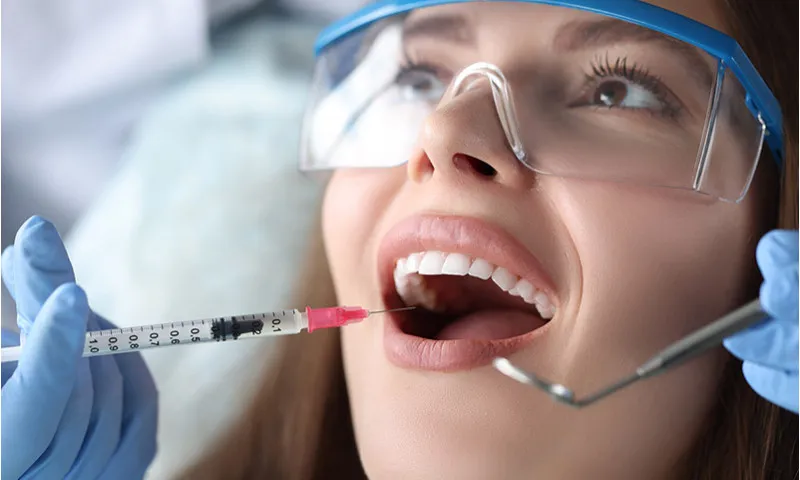
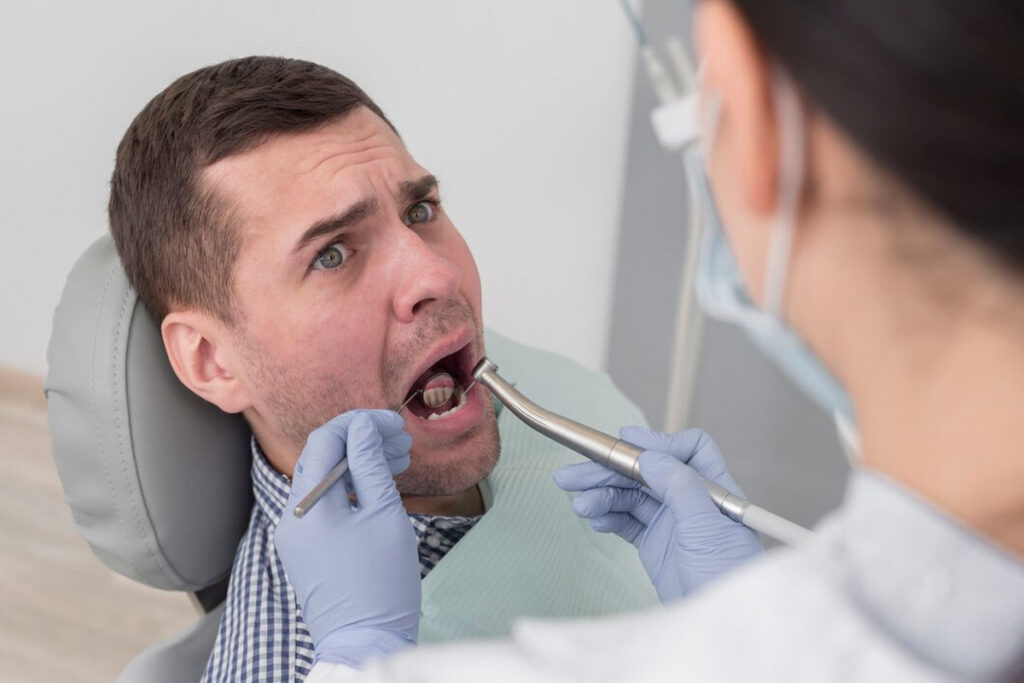
If anesthesia isn’t an option, you must manage pain proactively:
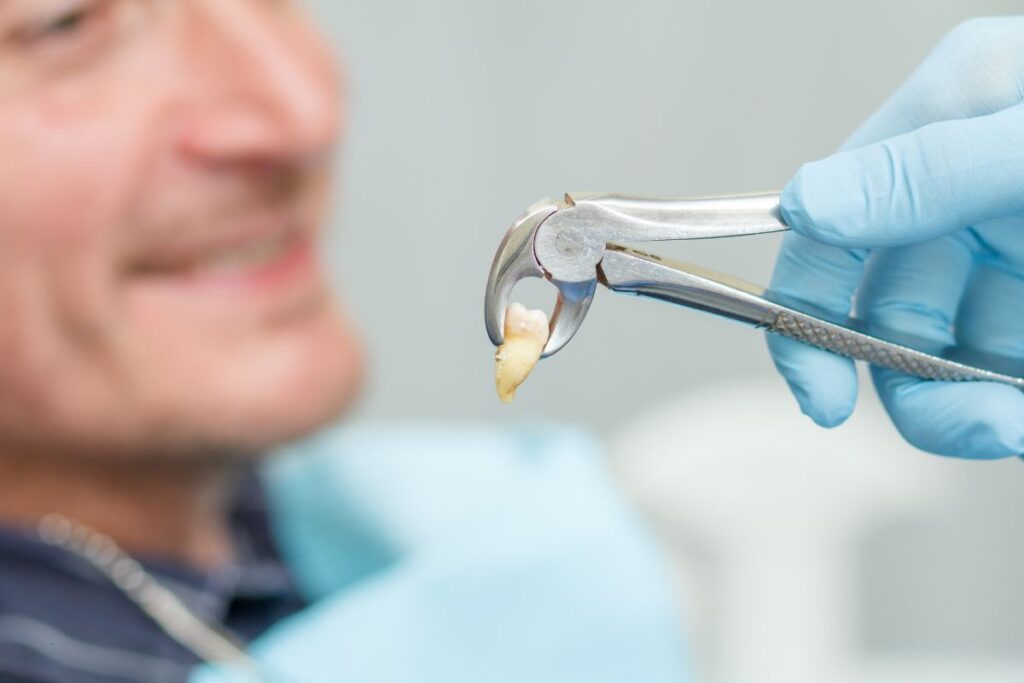
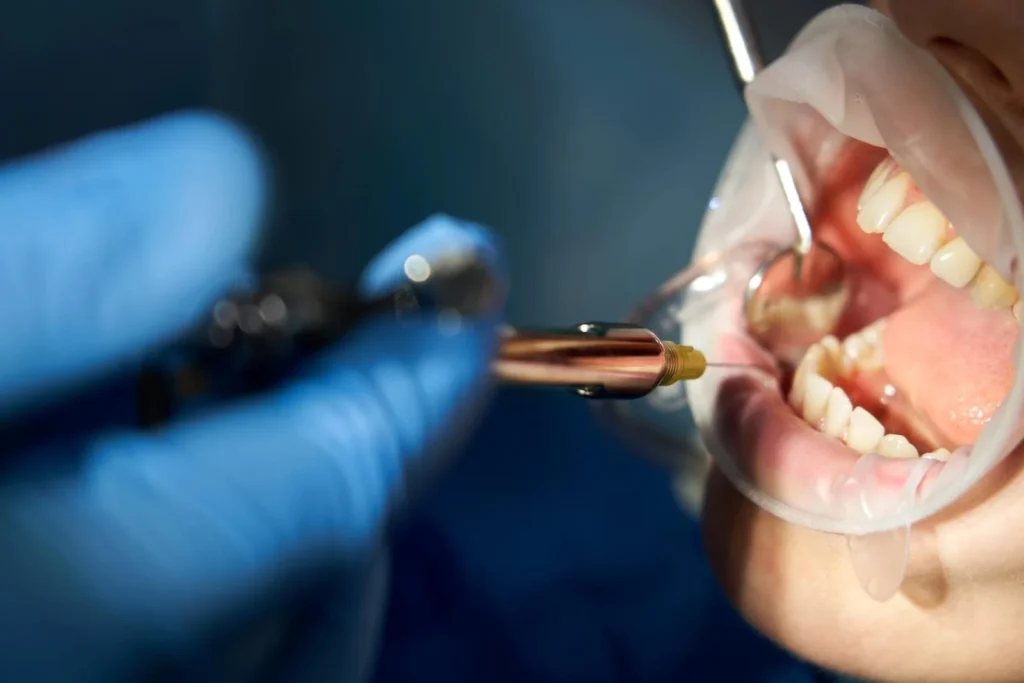
We do not recommend going without anesthesia for wisdom teeth removal unless medically necessary.
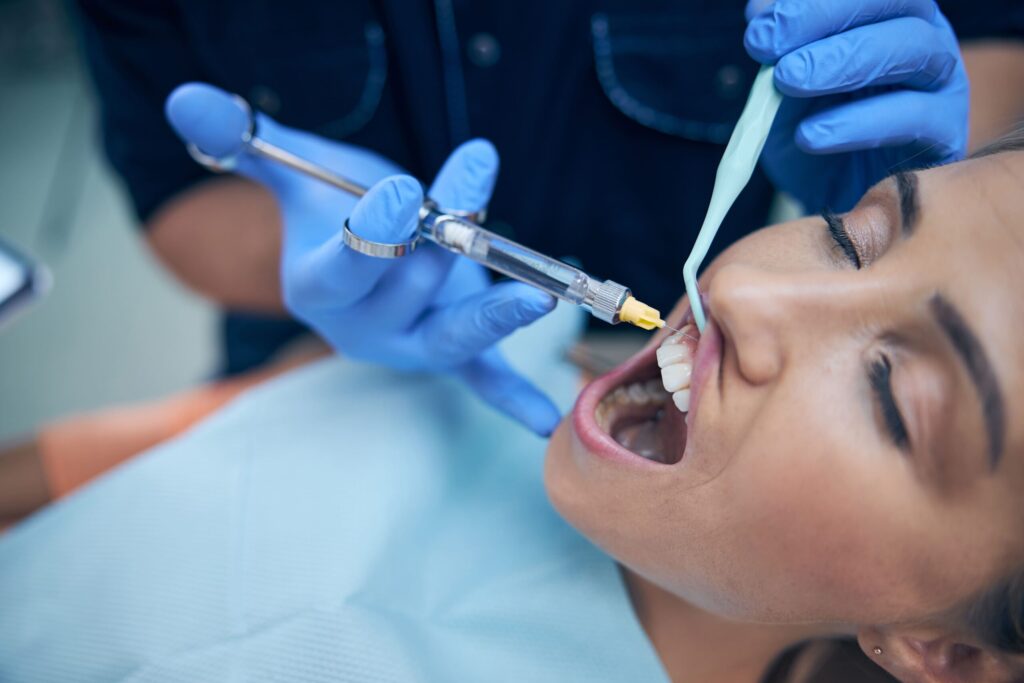
Our Verdict at Buford Dentist: It’s not worth it for most people. Your health and comfort matter more than saving a few dollars or minutes.